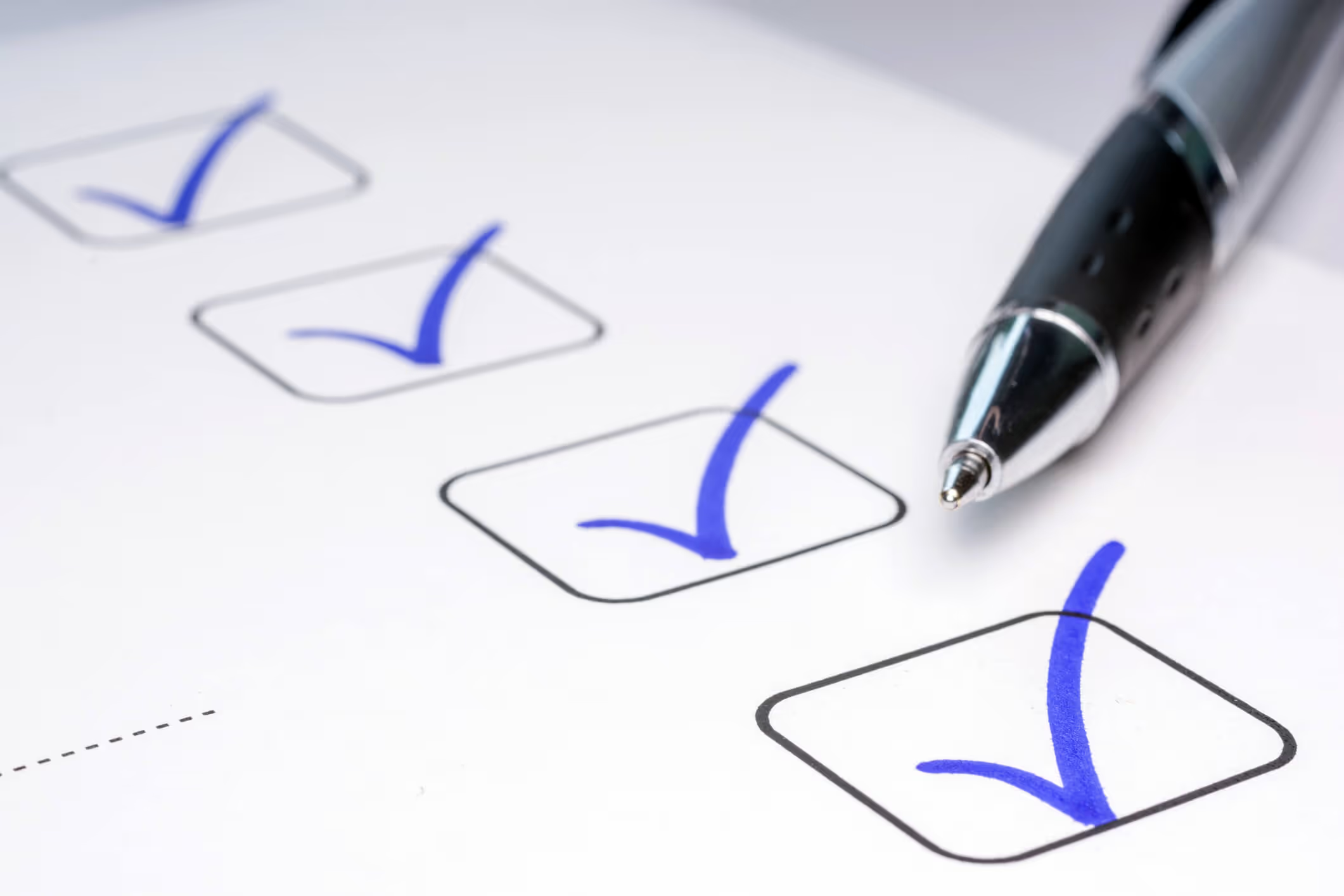Preparing to Conduct HR Investigation Interviews
Preparing to Conduct HR Investigation Interviews
Line up your ducks before setting up your meetings
No two interview subjects are the same, and therefore no investigation interview can be treated as just another interview. You may be questioning someone accused of workplace misconduct, a witness to an incident, a complainant in a discrimination case or a victim of harassment. Each interview subject has a different motivation and level of desire to cooperate. In addition to that, there's the simple fact that people are different and everyone reacts differently to being questioned, no matter the reason. So it's important to be prepared for each scenario before you go into the interview and think about the investigation interview questions you are going to ask.
Research the Case
If any evidence was handed over with the allegation, keep it locked up, review it and bring it to the meetings when it's relevant.
Before embarking on a round of workplace investigation interviews, do your research. Stephen Pednault, in his book, Anatomy of a Fraud Investigation, suggests doing a lot of reading before scheduling the first interview in a new case. Before scheduling any investigation interviews, Pednault suggests that investigators read:
- the company policy
- employee handbook
- code of conduct
- any other important documents or laws related to the case
If any evidence was handed over with the allegation, keep it locked up, review it and bring it to the meetings when it's relevant.
Scheduling Interviews
The first decision to make is who to interview. In her book Workplace Investigations, Diane Pfadenhauer suggests making a list of all potential interviewees and then considering the order in which to interview them. "Factor in the logistics of actually scheduling the interviews," writes Pfadenhauer. "In an ideal world, interviewees are available at the time and order you wish to speak with them. Sadly this is almost never the case. …you may not be able to interview everyone in the perfect order."
When planning the order of interviews, you may need to be flexible to accommodate any new information you get along the way.
The first interview is usually with the accuser (or complainant). It's important to schedule enough time for this interview as it can sometimes take hours to get to the bottom of the allegations. When scheduling the interview, ask the person to bring in any evidence to support his or her claims. The second interview may be with the accused (or the subject), but it also could be with a witness in order to corroborate the information provided by the accuser. So when planning the order of interviews, you may need to be flexible to accommodate any new information you get along the way.
Starting an Interview
It's important to plan what you are going to say before you meet with a subject, starting with the introduction. This should include the following information:
- the purpose of the interview
- confidentiality requirements, if a business case has been developed for it
- introduction of the note-taker and explanation of his or her role
Inform the interviewee that you will make every effort to protect his or her privacy, but that information provided during the interview could be shared with others if absolutely necessary. Ensure interview subjects understand that confidentiality will be virtually impossible to maintain in the event that a lawsuit arises and the case ends up in court. Explaining these details at the beginning of the interview may answer some of the subject's questions, but it's also a good idea to ask if they have any questions of their own. Open dialogue creates an environment in which the interviewee feels free to speak openly and honestly, and will yield much better information with less effort.










